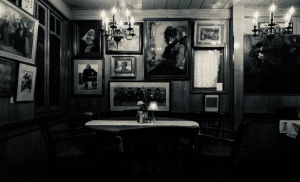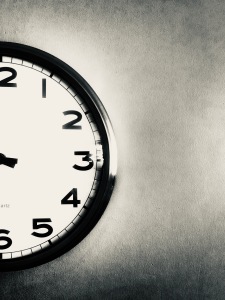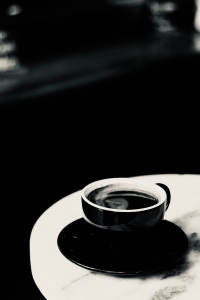the son sat in the bar sipping his prosecco. he hated it here. the place smelt of damp dogs, wet people and two-day breath. why had he agreed to meet here? there were far better places. they could have met in the new artisan coffee house in town. great flat whites, free WIFI and young female barristas. here everyone was old. but then it had to be this place. he was more comfortable here. it was easier to say. waiting. he glanced at the menu of fish and chips, burger and chips, or steak. vegetarianism a thing of mystery. not even a lazy lasagne or penne pasta could be had. so he got another prosecco from the bar and a pack of stale ready salted crisps. that was lunch then. he stared at the bar a moment at the hopeful horseshoes hammered carelessly around the bar. and the collection of beer plates of ales they never had. what time was it? nearly twelve. he would be here soon. if anything was said of him, he was punctual. old school. no doubt, he would be dressed in shirt and tie, v-neck brown jumper, grey trousers and sensible shoes. he had worn the same for years. ever since he retired. it was a matter of duty. like collecting for the british legion, watching the queen’s speech, or buying the times. he was a man of timeless routine, of familiarity.
at precisely twelve, he came in, ordered a 1/2 of mild and sat opposite. this was it. the meeting. the important discussion they had to have, the son took a gulp of prosecco. what to say? how to say it? how do you say to a person it is time? so he just looked at him. waited. hoped he would say something first. nothing. he was always a man of few words.
“dad?”
“yes.”
“did you read it?”
“yes.”
“you know it’s for the best.”
“yes.”
“and?”
“it’s just the dog.”
“we’ll find it a good home. you know we would take her but, you know, the cats.”
“i know. it’s just…”
“yes.”
“it’s just I’ve had her so long. part of the family.”
“i know. it’s just there is no option.”
“i know.”
“just, you know. i’m working all the time. it’s for the best.”
“i know.”
“we’re thinking of you.”
“i know.”
“it’s just…”
“i know. just.”



